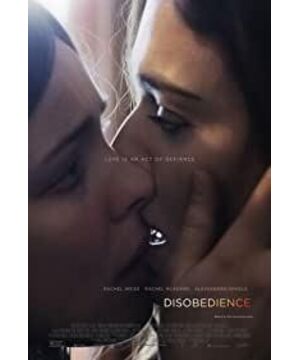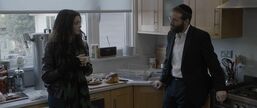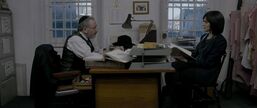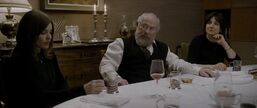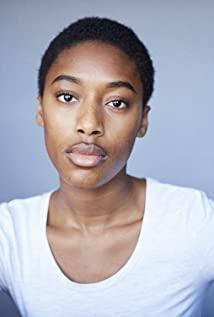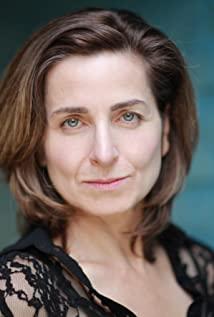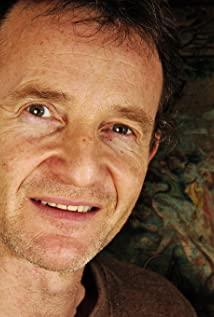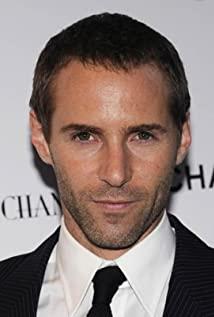Belonging is very important to us, and many times it means "home", a place to go back to. Once we lose it, our life will be a huge void. But not all of them belong.
At the beginning of the film, the camera turns to Ronnit in the lights of a New York bar, indulgent, desolate, and lonely. Ronnit is wandering around, but his heart is always longing to go home. But home is not a place to go back - the community where ancient religions have become the core beliefs, adopts an attitude of expelling members whose sexual orientation is different from the mainstream. Community groups want their children to be prosperous and their descendants to fill the land. Therefore, it is natural to have a conflicting attitude towards the combination method that will have an impact on the fertility tradition.
However, for Ronnit and Esti, in relationships, intimacy is often related to deeper emotional needs than group support, and the support is more private, stable and efficient. That's not to say, however, that group support isn't important. Therefore, for them, group support and intimacy support have become a choice between the two. This is undoubtedly cruel.
However, the highlight of the movie "Disobedience" is that it not only expounds "disobedience" but also "tolerance" in the deportation faced by targeted minorities. The focus of the film is that Esti and Ronnit defy the traditional constraints of shaping, but personally, the shaping of Dovid is even more brilliant - the man who represents patriarchy, patriarchy, and traditional power, given while his personal beliefs are firm. Be tolerant, say You are free to his wife, and open his arms to the two girls who love each other outside the sanctuary. Actions like this undoubtedly give LGBT individuals a way to live – you can stay strong in your community’s beliefs, and you can love freely.
Such a path is most evident with Esti. "The word of the Lord is my life," she says, but can't help recalling Ronnit; she cherishes her teaching position in a parochial school, but also teaches girls how to love and dream; the night before the funeral , she prayed constantly in front of the wooden cabinet of the hotel; and on the night of the funeral, she uttered the words: "I want you to give me freedom." The courage to pursue freedom.
Firmness and freedom are at the same time Ronnit's path. It's just that she took it instead, and the way she traveled has the name "return". The feasting in New York seems to be free, but where is the real confidant? Do you have a place to stay? Where is home? Unknown to Ronnit, he could only numb the pain with rebellious indulgence.
But that all changed when Dovid reached out to her. Dovid reinstates Ronnit as Rabbi's daughter in the synagogue, giving her confirmation of her physical return; he later embraces Ronnit, giving her emotional belonging. And because Dovid has the identity of the new leader of the church, this kind of embrace also represents the embrace of faith.
Ronnit has to go home. At the end of the film, Ronnit took away the lampstand that symbolized the inheritance of family beliefs on the closet and came to his father's grave to say "Hello Dad". Once upon a time, the shame, resentment, self-blame, resentment, and self-imposed exile that Ronnie had for her father's disapproval of her was now released by being tolerant and more deeply connected to her faith. We could call it "reconciliation," but I'd prefer to call it a deeper return and a search, an embrace of the values that nurtured one.
At the end of the movie, the warmth is wrapped.
In the film, Esiti, Dovid, and Ronnit represent the courage of LGBTQ groups in traditional Jewish churches to break through the constraints of tradition, the acceptance of the church, and the LGBTQ desire to belong. "Faith" and "love" are no longer contradictory, and loyalty and freedom weave a living path. Among them, acceptance is particularly important.
Acceptance is opening the door to someone outside, so that no matter who is outside, they can discover the beauty inside. Traditional religions often govern sexual orientation extremely tightly, with almost irrefutable laws. Christianity and Judaism have the same roots, and they are too good at waving sticks at members of society who hold rainbow flags. But the usual result is that the more accusations, the more ineffective. It's no wonder - how can you lock the gate of the garden, shout "I don't welcome you" to the rainbow flag, and accuse them of not knowing the beauty of the garden?
For those who are in the garden themselves, the way the church treats is often more cruel-violating the rules of the garden, either you change or expel them-you can't break the rules of the garden anyway. Lovely people of the same sex are often out of control. How can something like "sexual orientation" be changed so easily? Often the result is that the church shuts its doors and the rainbow community goes into self-imposed exile. But no matter what, Rainbow Flag members under the cross will no longer have a place to call home.
But if there really is a God, would he really care about rules? Christianity often calls God "Father", so let's imagine - a father, which thing would be more important? Do you rely on rules to maintain authority, or do you want your children to discover their own beauty to build relationships and grow up healthily?
For a long time, I experienced confusion about my identity - whether I was a Christian or a Lesbian. I've never been able to accept who I am in terms of sexuality, even though what I liked became apparent when I was young. Until a guy shows up so I can face it, until another girl shows up so I can Be Brave & Proud. But in the process I had to give up my connection with God because I felt that God would hate me. However, when I returned to fellowship and to God during the emotional gap, He gave me a more important message:
"I'm more important than who you love."
View more about Disobedience reviews


